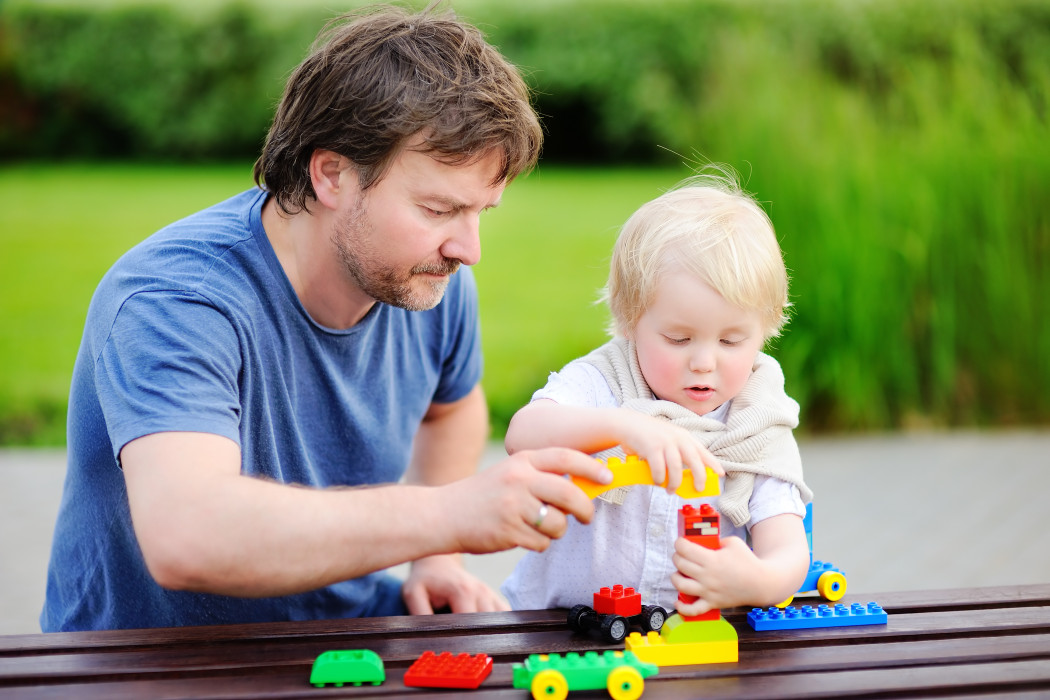People ask me all the time what empathy training looks like in Denmark. Empathy is not talked about as a subject as such but rather, it is very entwined in the play and what they teach at school. In Denmark they believe that children need an education to develop the whole person (not just academics). That means that they believe that children need to be taught how to read and define the emotions of others for example, not just how to read and write.
Studies show that developing empathy and social skills early on leads to more success and wellbeing as an adult and judging by the world happiness reports in which Denmark has dominated the top spots for over 40 years in a row, clearly they are onto something!
But how do we teach empathy as parents if we weren’t taught it as children? This is something I have struggled with as a person and as a parent. However, I am always impressed when I learn the most basic techniques to yield kinder kids while researching for the Danish way of Parenting.
In this picture my Danish husband is playing Build Me Emotion from Lego. Build Me Emotion are educational Lego blocks for 3-5 year olds in which you can build different characters with different emotions. “Is he mad?” “Is he surprised?” my husband asks. “Why do you think he is embarrassed?” he asks pointing to one of the picture cards.
I was amazed listening to this game how much my 4-year-old son wanted to elaborate on the feelings and the stories of these characters that they were building together. He went into detail explaining why the people were feeling what they were and it even opened some moral discussions about why we shouldn’t draw on walls with crayons or ways to deal with being sad.
What was incredible for me to see was how much my son enjoyed talking about different emotions and trying to help find solutions thinking about others’ feelings. This is all building vocabulary and the capacity to be more empathic naturally.
What also surprised me was that my 8-year-old daughter liked to play this game as well! Her stories were more elaborate but it was something we could do together as a family that focused on developing vocabulary around understanding others and reasons behind behavior. It was also bonding for us and is helping build up a general habit of empathic dialogue.
Being able to naturally find meaning behind behavior is reframing, which is a life changing skill the Danes teach their children. It just feels good to be able to naturally see the good in others and it ultimately makes us kinder, which also makes us happier.
Sometimes it’s the simplest ideas that make the biggest impact in our lives. From a “non maternal” woman to a much happier person and parent, I can honestly say that “building emotions” the Danish way really does work.





